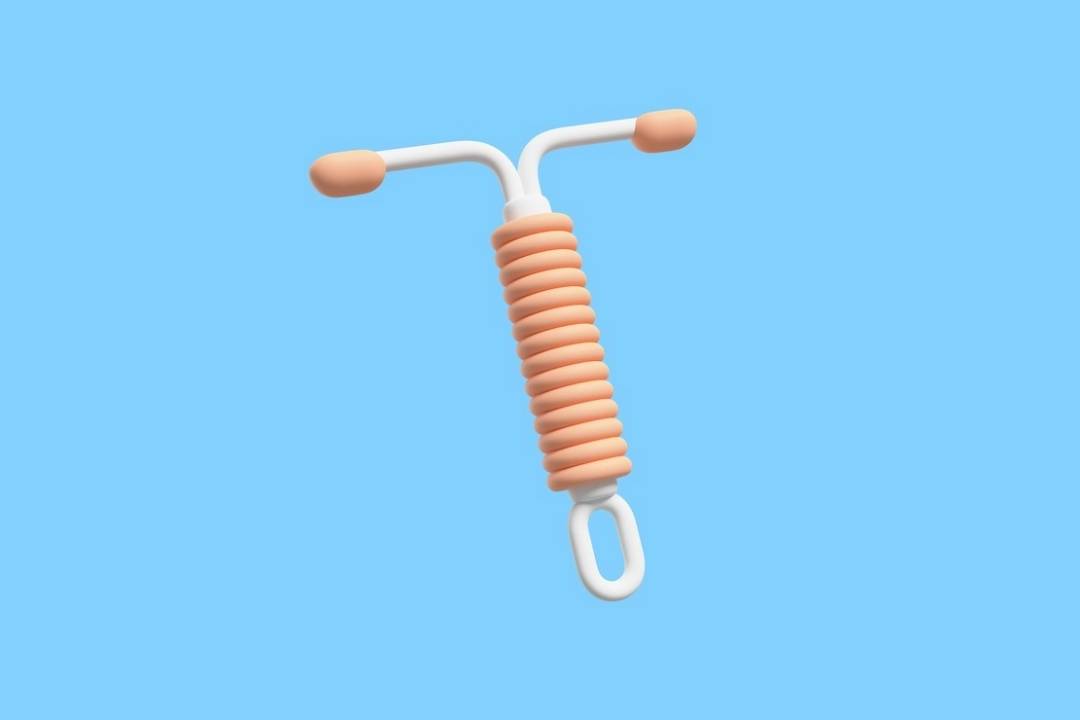
What is Mirena, and What is the Controversy Behind It?
Mirena is a small T-shaped intrauterine device (IUD) that is inserted into the uterus to prevent pregnancy. It releases a hormone called levonorgestrel, which helps stop ovulation, thickens cervical mucus to block sperm, and makes the uterine lining thinner so that a fertilized egg cannot attach.
It is considered a long-term birth control method, lasting up to five years. Developed by Bayer Pharmaceuticals, Mirena was first introduced in Finland in 1990 and was later approved by the U.S. Food and Drug Administration (FDA) in 2000.
Thousands of women across the country sued Bayer Pharmaceuticals after experiencing severe health complications.
These women claimed that Mirena perforated their uterus, caused organ damage, and led to a condition called pseudotumor cerebri, which is an abnormal buildup of fluid in the skull. Others also suffered numerous Mirena crash symptoms.
Controversial Reasons for the Lawsuits Against Mirena’s Manufacturers
The most concerning issues that led to these women taking Bayer, Mirena’s manufacturer, to court include:
-
Uterine Perforation: Some women reported that Mirena perforated (or punctured) their uterus. This means the device created a hole in the organ, which could lead to life-threatening infections, damage to surrounding organs, and the need for emergency surgery.
-
IUD Migration: In some cases, Mirena moved from its original position inside the uterus and traveled to other areas of the body. This could cause severe pain, organ damage, and require surgery to locate and remove the device.
-
Pseudotumor Cerebri (PTC) or Idiopathic Intracranial Hypertension (IIH): Some women developed a condition where excess cerebrospinal fluid built up in their skull, causing severe headaches, blurred vision, and pressure on the brain. Many of these women were diagnosed with IIH, which mimics the symptoms of a brain tumor.
-
Multiple Surgeries and Long-Term Health Issues: Women who suffered from Mirena complications often had to undergo multiple surgeries to remove the device, repair internal damage, or, in extreme cases, have a hysterectomy (removal of the uterus).
Women who filed lawsuits against Bayer said that the company never properly warned them about the possibility of migration and perforation. Instead, they believed Mirena was safe and effective.
However, some women later found out that the IUD had moved and caused organ damage, leading to severe pain and other health issues.
Known Side Effects of Mirena IUD
While many women use Mirena without experiencing major problems, others have suffered from serious side effects. Some of the most commonly reported issues include:
- Abdominal or pelvic pain
- Ovarian cysts
- Headaches or migraines
- Acne and skin problems
- Breast tenderness
- Mood swings
However, the more severe complications, such as device migration, uterine perforation, and pelvic inflammatory disease, have led to legal battles.
Bayer’s Controversial Legal Reputation
Bayer Pharmaceuticals has been facing lawsuits over Mirena for more than a decade. The first major lawsuits against Bayer started in 2012 when women began claiming that Mirena had caused severe health issues.
Many of these lawsuits were combined into multidistrict litigation (MDL), which allows multiple similar cases to be handled together in court. Two major MDLs were created in New York, focusing on perforation claims and IIH claims.
In 2016, a judge dismissed 1,300 perforation cases after deciding that the evidence presented by the plaintiffs was not strong enough. Another judge dismissed 920 IIH-related cases in 2019, and this decision was upheld in 2020.
Meanwhile, in 2017, Bayer agreed to pay $12.2 million to settle lawsuits from women who claimed that Mirena had perforated their organs. This settlement covered about 4,800 plaintiffs, and the cases were resolved by 2018.
However, in March 2022, a new class action lawsuit was filed in California, claiming that Mirena could be linked to breast cancer. The lawsuit accused Bayer of failing to disclose this potential risk to users. The case is still ongoing, and it has sparked concerns among women who have used Mirena for birth control.
Should You Be Concerned About Mirena?
If you are currently using Mirena or considering it as a birth control option, it is essential to be aware of the potential risks.
Mirena is not recommended for women who have or have had:
- Pelvic inflammatory disease (PID)
- A history of serious infections
- Liver disease or tumors
- Uterine abnormalities such as fibroids
- Allergies to Mirena's ingredients
Although many women use Mirena without complications, the lawsuits and reported side effects show that there are risks involved.
If you experience severe pain, headaches, vision problems, or any unusual symptoms, then you should consult a doctor immediately.

Comments (0)